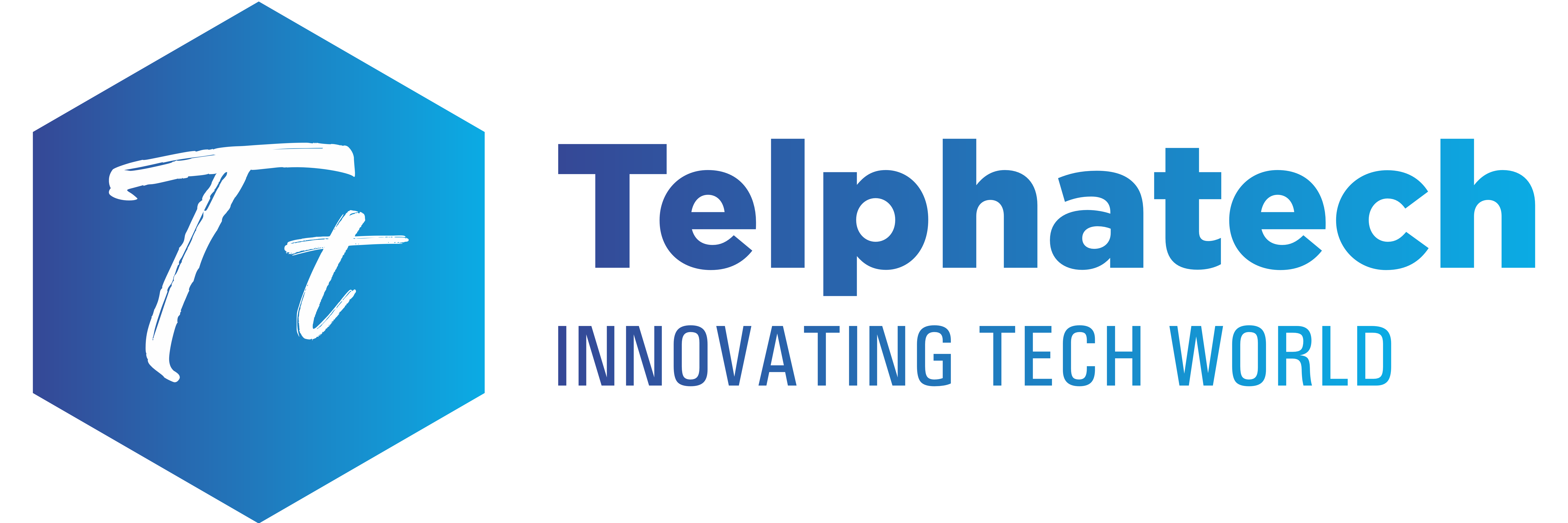Table of Contents
ToggleIntroduction
Blockchain technology has emerged as a transformative force, disrupting traditional industries and revolutionizing the way we conduct transactions and secure data. Initially introduced as the underlying technology for cryptocurrencies like Bitcoin, blockchain has since evolved into a versatile and decentralized ledger system with applications across various domains. In this blog, we will explore what blockchain technology is, its key features, and its impact on various industries.
What is Blockchain Technology?
At its core, blockchain is a distributed and decentralized digital ledger that records transactions across multiple computers or nodes. Unlike traditional centralized systems, where a single authority controls and verifies transactions, blockchain operates on a peer-to-peer network. Each transaction is cryptographically linked to the previous one, creating a chain of blocks, hence the name “blockchain.”
Key Features of Blockchain
- Decentralization: One of the most significant features of blockchain is its lack of a central authority. Transactions are verified and recorded by a network of nodes, reducing the risk of fraud or manipulation.
- Security: Blockchain uses advanced cryptography to secure data, making it highly resistant to hacking and tampering. Once a transaction is added to the blockchain, it becomes nearly immutable.
- Transparency: The transparent nature of blockchain means that all participants can view the transaction history. This transparency can foster trust among users and reduce the need for intermediaries.
- Smart Contracts: Blockchain supports programmable smart contracts, which are self-executing contracts with predefined rules. They automate processes and transactions when specific conditions are met.
- Efficiency: Blockchain can streamline processes by removing intermediaries, reducing the time and cost associated with transactions and record-keeping.
Impact on Industries
- Finance and Banking:
- Blockchain has disrupted the financial sector by providing a more secure and efficient way to handle transactions and settlements.
- It enables faster cross-border payments, reducing the need for correspondent banks and lowering fees.
- Decentralized finance (DeFi) platforms have emerged, offering services such as lending, borrowing, and trading without traditional intermediaries.
- Supply Chain Management:
- Blockchain enhances transparency and traceability in supply chains, reducing the risk of fraud and counterfeit goods.
- Companies can track the origin and journey of products from manufacturer to consumer, ensuring product quality and safety.
- Healthcare:
- In healthcare, blockchain can securely store and share patient records, ensuring data integrity and privacy.
- Researchers can use blockchain to track and verify the authenticity of clinical trial data.
- Real Estate:
- Blockchain simplifies property transactions by digitizing titles and reducing the need for title insurance and escrow services.
- It also enables fractional ownership, making real estate investments more accessible.
- Government and Identity:
- Governments are exploring blockchain for secure voting systems and digital identity verification.
- Citizens can have more control over their personal data, reducing the risk of identity theft.
- Entertainment and Intellectual Property:
- Blockchain can protect artists’ intellectual property rights by recording ownership and royalties transparently.
- It enables the creation of unique digital assets (NFTs) for digital art and collectibles.
Conclusion
Blockchain technology is a disruptive force that has the potential to transform numerous industries by increasing transparency, security, and efficiency. As it continues to evolve and find new applications, the decentralized nature of blockchain promises to empower individuals, reduce costs, and redefine the way we conduct business and manage data. Embracing blockchain technology can lead to a more secure, trustworthy, and interconnected future across various sectors of the economy.
Credits
This blog post was written by Aditya Yajurvedi, a Member of Future Deciders (G76) at Telphatech.
You can find Aditya Yajurvedi on LinkedIn at Aditya Yajurvedi.

